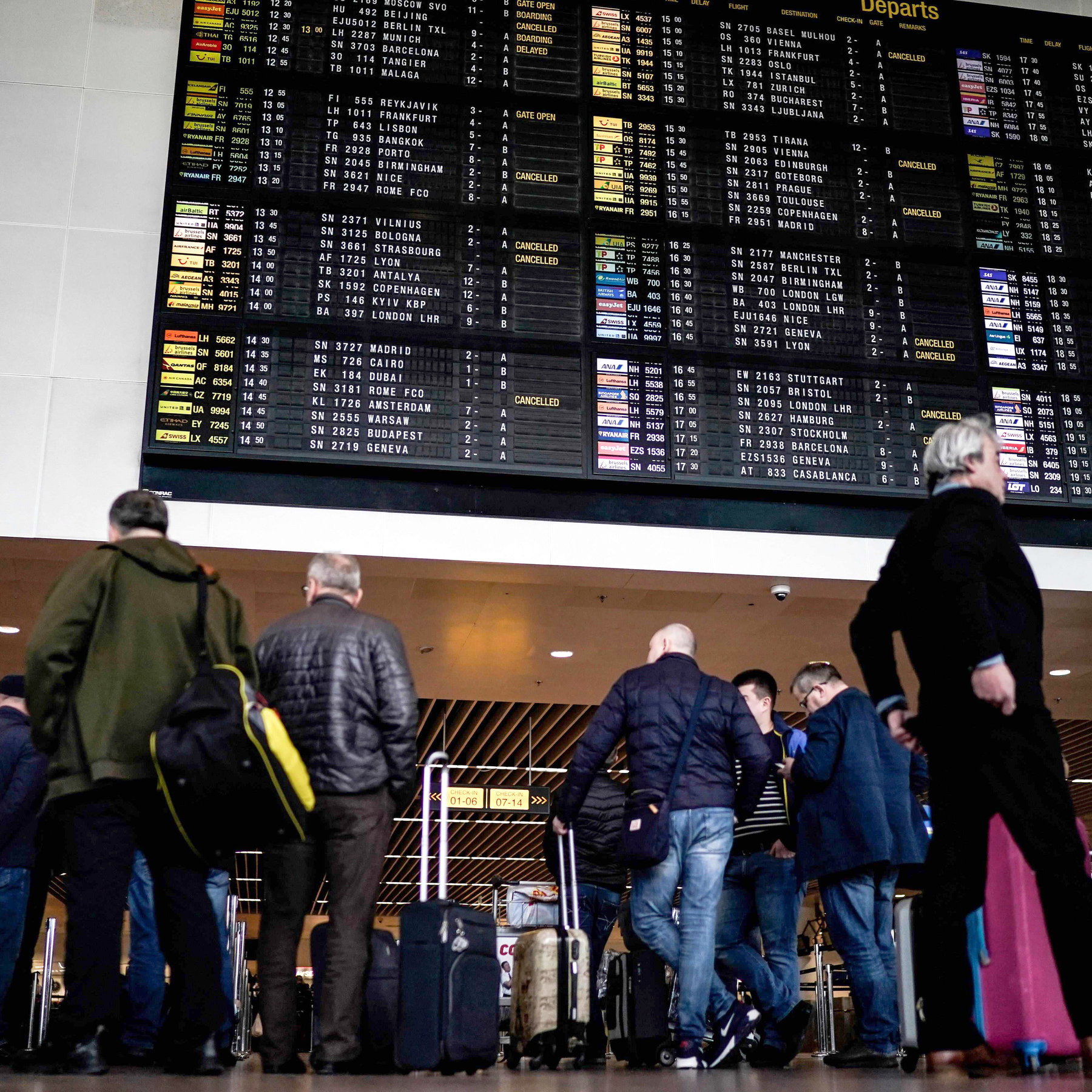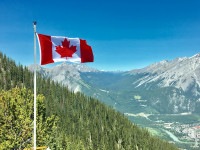
Travel restriction measures ( International Students) : Canada CIC update as on: 2020-04-24
International students
The Orders exempt foreign nationals who held a valid Canadian study permit or were issued a letter of invitation dated on or before March 18, 2020, the date on which the first interim order came into force.
These international students were already enrolled at a designated learning institution (DLI) in Canada or had been accepted by a DLI and made arrangements to come to Canada to study before the travel restrictions were put in place.
These foreign nationals can self-identify to airlines at the point of boarding that they are exempt under this provision by presenting
- a valid study permit, or
- a letter of introduction from IRCC dated on or before March 18, 2020
Temporary workers
The Orders exempt certain foreign nationals who are authorized to travel to Canada to work.
This includes temporary workers who were already established in Canada or who had made arrangements to come to Canada to work before the travel restrictions were put in place. It also includes new workers who are coming to Canada to be employed in critical industries, such as agriculture, food processing, health, transportation and emergency services.
These foreign nationals can self-identify to airlines at the point of boarding that they are exempt under this provision by presenting
- a valid work permit, or
- a letter of introduction from IRCC
For those who have a letter of introduction, travel may be considered to be optional or discretionary if they do not have a current and active offer of employment associated with that letter of introduction and are simply planning to see what can be found, in terms of work, in Canada.
Note: To obtain a letter of introduction, new applicants must apply for a work permit at a location that is not a port of entry. Even if applicants are visa exempt under IRPR, they must have this documentation prior to coming to Canada if they are travelling by air from a country other than the United States. Upfront processing ensures that new temporary workers only travel after they are confirmed to have met all eligibility requirements, reduces immigration processing upon arrival in Canada and allows border services officers to focus on implementing border restrictions and isolation measures under the Quarantine Act. There is a separate Order concerning travel from the United States (Order in Council 11). Under this Order, certain applicants are able to apply for a work permit at the port of entry if seeking to enter Canada from the United States for an essential purpose (by land or air) if they were otherwise eligible to apply under immigration legislation and if they have been only in Canada or the United States in the 14 days preceding their entry to Canada.
Permit-exempt work
The Orders provide for a number of scenarios where the foreign national is not required to obtain a work permit:
- providers of emergency services, including medical services, for the protection or preservation of life or property (includes firefighters)
- students in a health field, including as a medical elective or clinical clerk at a medical teaching institution in Canada, for the primary purpose of acquiring training, if they have written approval from the body that regulates that field
- foreign nationals seeking to enter and remain in Canada solely to become a member of a crew of a means of transportation, including a vessel engaged in international transportation
These foreign nationals can self-identify to airlines at the point of boarding that they are exempt under this provision by presenting alternative documentation. This will generally include a letter of invitation from a relevant organization in Canada (federal, provincial or municipal government entity for emergency services providers, teaching institutions for medical students, or shipping agents for persons joining vessels).
Permanent resident visa holders
The Orders exempt foreign nationals who have been approved for permanent residence and who were eligible to travel to Canada to become landed permanent residents on or before March 18, 2020, the date on which the first interim order came into force.
Many of these foreign nationals had already made arrangements to settle in Canada before the travel restrictions were put in place. Facilitating their entry for the purposes of landing contributes to meeting immediate family reunification and labour market needs and reduces the accumulation of an inventory of approved permanent residents who will need to travel to Canada once restrictions are lifted.
These foreign nationals can self-identify to airlines at the point of boarding that they are exempt under this provision by presenting
- a permanent resident visa (nationals from visa-required countries only), or
- a COPR document (all foreign nationals)
Source: IRCC website










